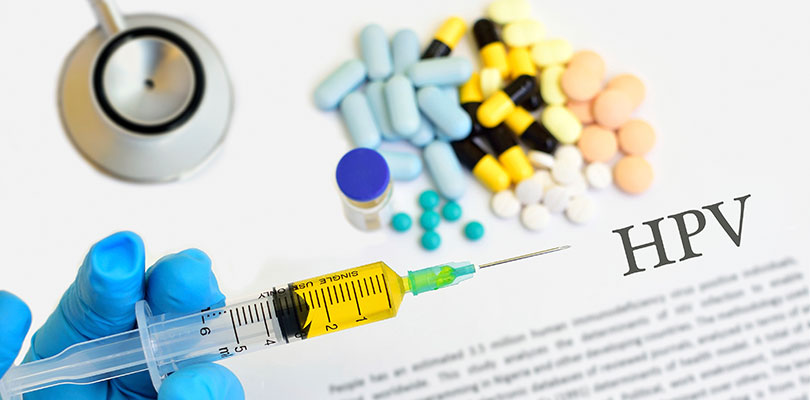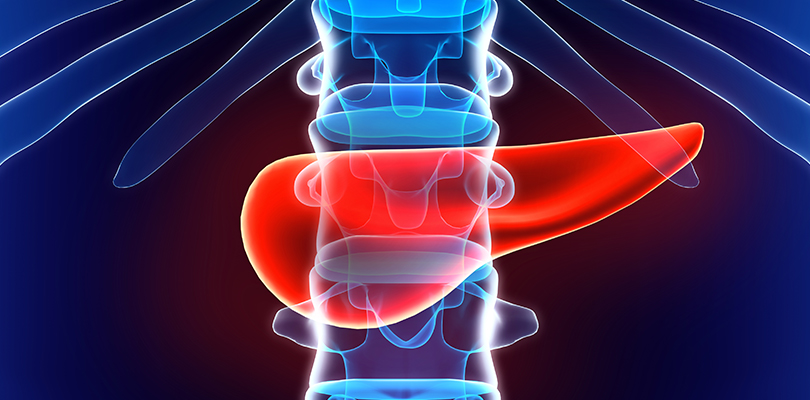
Photo Credit: jarun011 / istockphoto.com
HPV Won't Necessarily Lead to Cancer
While HPV can pave the way to cancer, it by no means guarantees that cancer will develop. In fact, HPV is incredibly common — up to 70 percent of sexually active people will contract it at one point in their lives — but the immune system will often fight off the virus before it becomes a problem.
The trouble starts with a high-risk strain of HPV that just won’t go away on its own. However, the abnormal cervical cell changes can take many years to develop into cancer, so there’s rarely an immediate cause for concern when HPV is first detected on the cervix.
Resources
Foundation for Women’s Cancer (Cervical Cancer)American Cancer Society (What are the key statistics about cervical cancer?)MedicineNet (Cervical Cancer Facts)Screening for Life (Cervical Cancer Myths and Facts)Mayo Clinic (Cervical Cancer Risk Factors)Related Search Topics
You May Also Like
Are skin tags cancerous? If you're wondering if your skin tag is a form of skin cancer, read on to learn more about skin tags and cancer here.







